Chinese tech companies are upping the ante in the fast-growing artificial intelligence-generated content sector, as ChatGPT, the latest chatbot launched by U.S.-based AI research company OpenAI, has gained wide popularity since its debut in November and revolutionized the AI field due to its advanced conversational capabilities.
Leveraging machine learning algorithms, ChatGPT is able to mimic humanlike responses with AI-generated content, and assist people with tasks such as writing essays and scripts, making business proposals and even checking program bugs, which it does within seconds.
AIGC-related stocks continued to rally in the A-share market, with Chinese AI companies, such as Cloudwalk Technology and Speechocean, seeing their shares surge by the daily limit of 20 percent on the science and technology innovation board on Monday.
Experts said that AIGC is likely to become a new engine driving innovation of digital content production and free human creators from tedious tasks, with a wide range of commercial applications in fields such as culture, media, entertainment and education.
At a developer conference last month, Chinese tech giant Baidu Inc unveiled three AI-powered creators whose technology allows them to play the roles of screenwriters, illustrators, editors and animators.
Robin Li, co-founder and CEO of Baidu, said in January that AIGC will subvert existing content production models in the next decade, and AI has the potential to meet massive demand for content at a tenth of the cost and a hundred or thousand times faster.
Jianying, an AI-powered short-video editing app launched by Chinese tech company Byte-Dance, allows users to generate creative videos by simply putting in a few keywords or a paragraph of text.
Online gaming company Net-Ease has released its AI music creation platform Tianyin, where users can customize a song by entering lyrics.
Pan Helin, co-director of the Digital Economy and Financial Innovation Research Center at Zhejiang University's International Business School, said that ChatGPT, as a milestone in AIGC-related technologies, uses reinforcement learning from human feedback to train the data model, with significant enhancement in natural language processing capacities that improve the logic of responses.
Chinese enterprises should step up efforts to roll out indigenous versions of the AI-powered chatbot, and increase investments to improve related algorithms and computing power, Pan said.
Chen Jia, an independent strategy analyst, said, "Chinese tech enterprises have unique advantages in expanding AI application scenarios globally."
China has made significant progress in developing the AI industry. A Stanford University report showed that China filed more than half the world's AI patent applications in 2021, and continued to lead the world in the number of AI journals, conference papers and related publications.
Baidu, Tencent and Alibaba have invested heavily in promoting the commercial use of AI, and some Chinese AI unicorns have grown rapidly in recent years, Chen said. But he noted that Chinese tech companies lag behind top-notch foreign competitors in fundamental R&D input and comprehensive innovation abilities.
"AIGC is in the initial stage of development, and there is still a long way to go to realize the large-scale commercialization, as the application scenarios and related laws and regulations are far from mature," said Guo Tao, deputy head of the China Electronic Commerce Expert Service Center.
Meanwhile, the use of AIGC-related technologies raises concerns about ethics, copyright protection and privacy, he added.










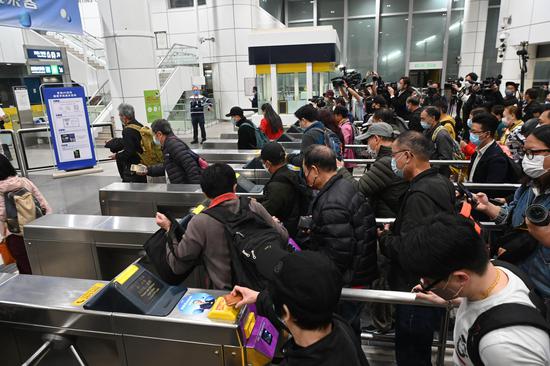

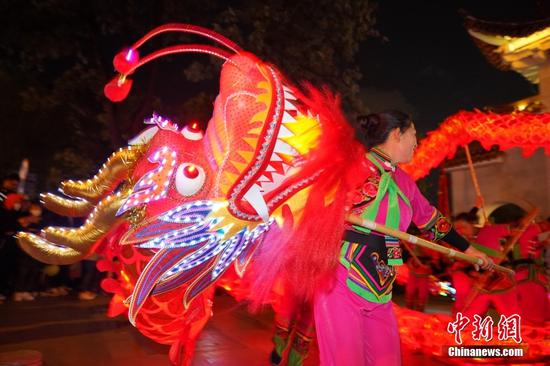




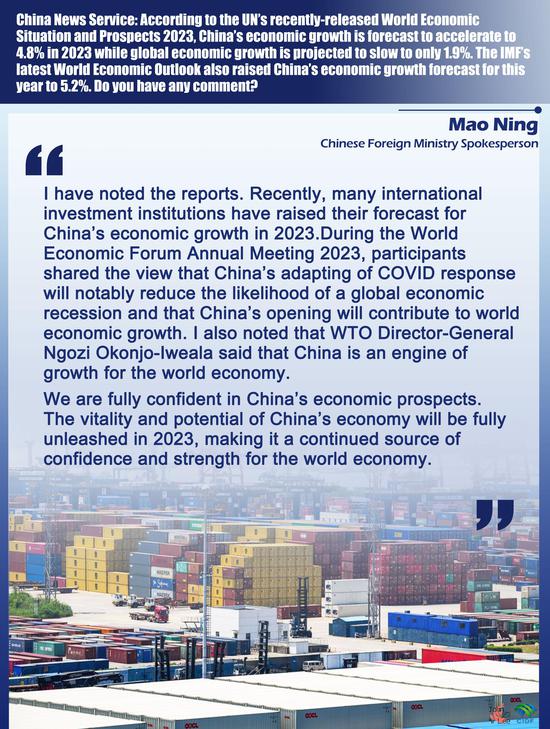
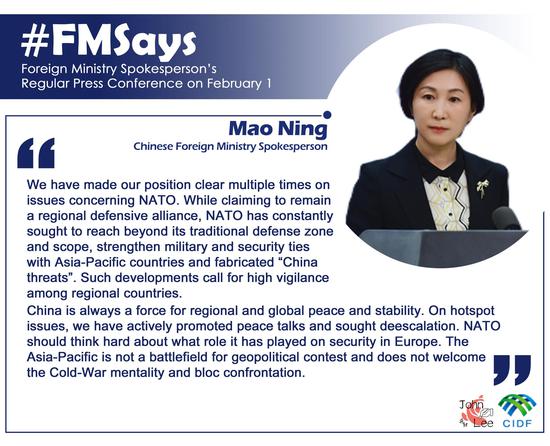





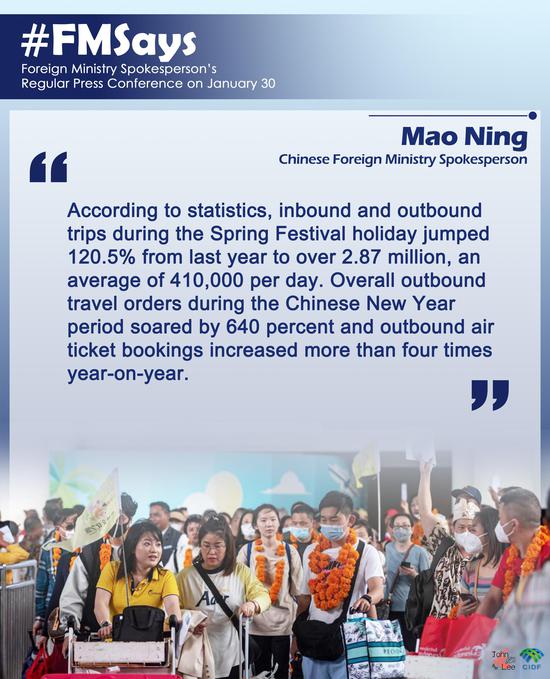


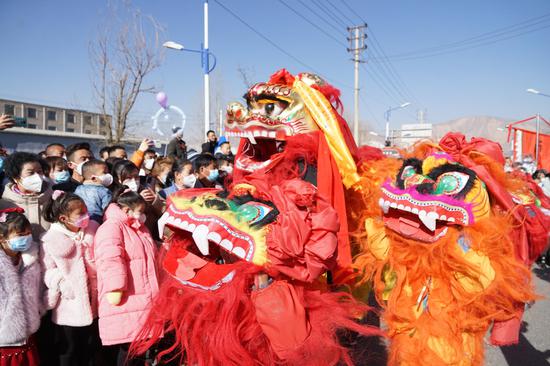

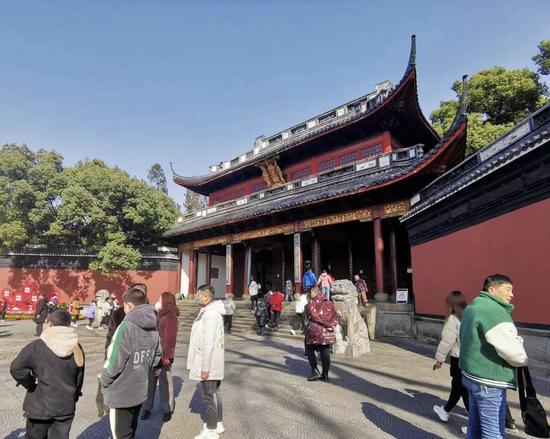
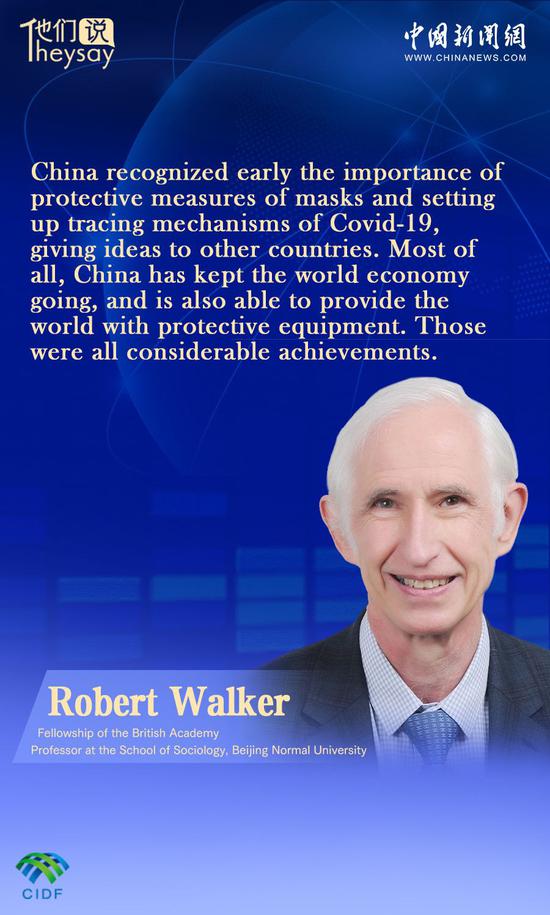

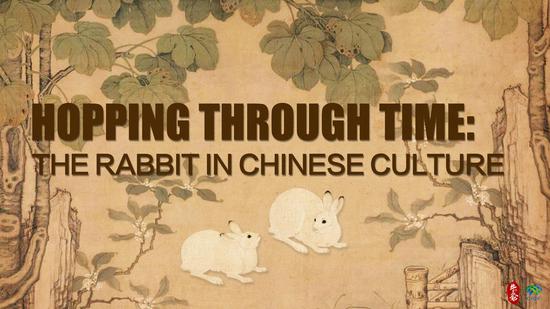
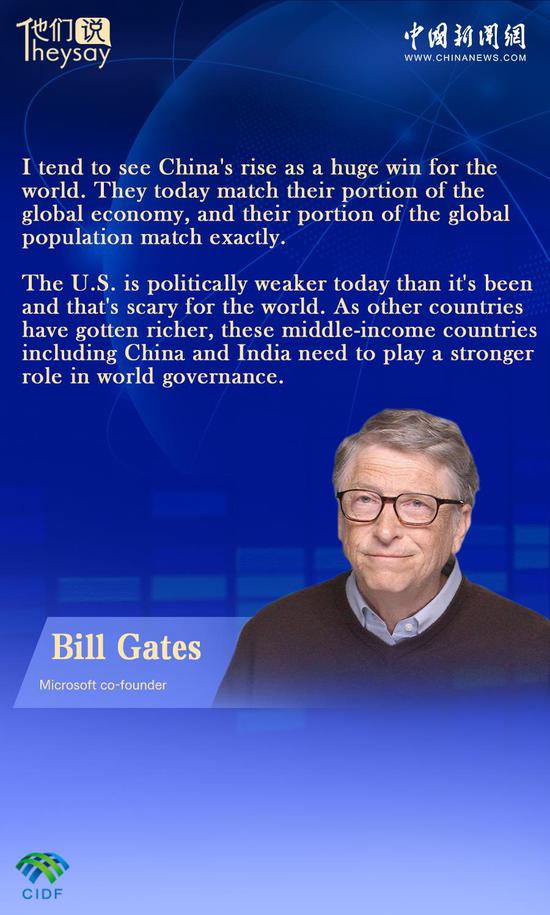


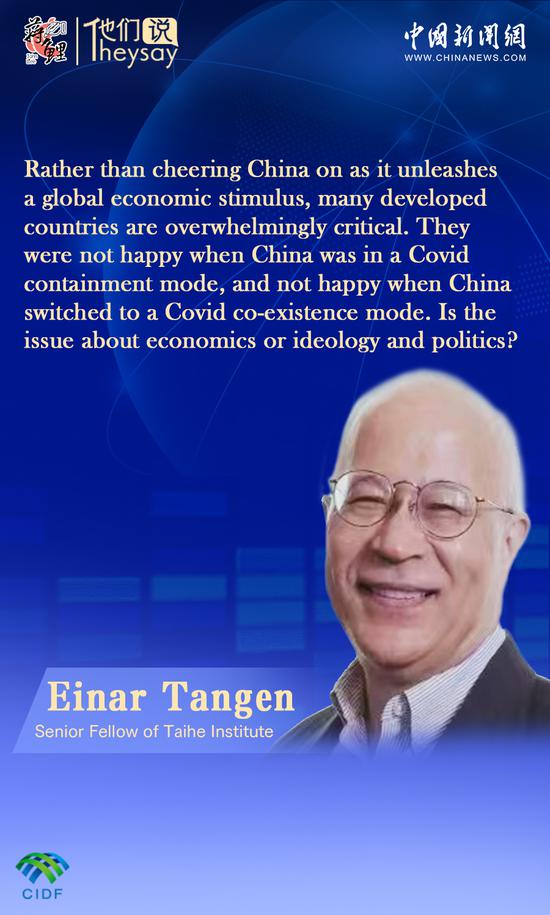
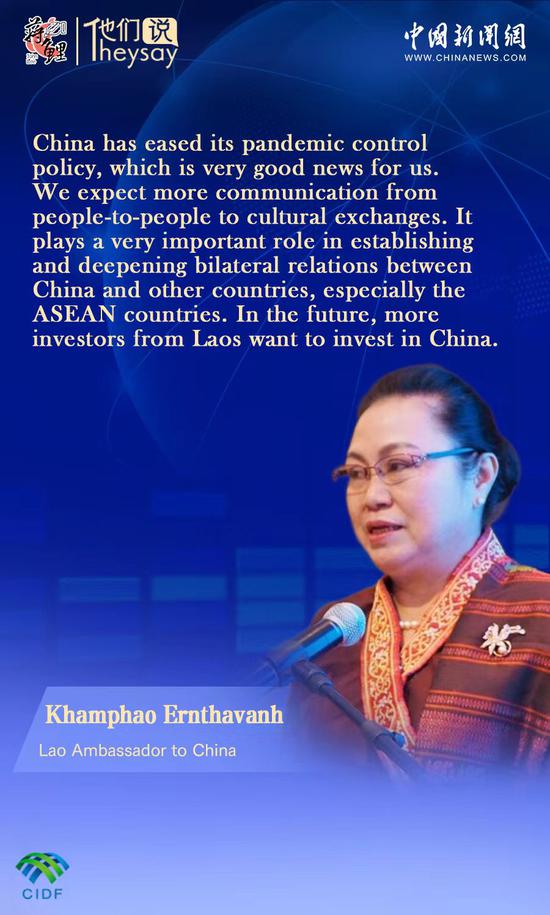



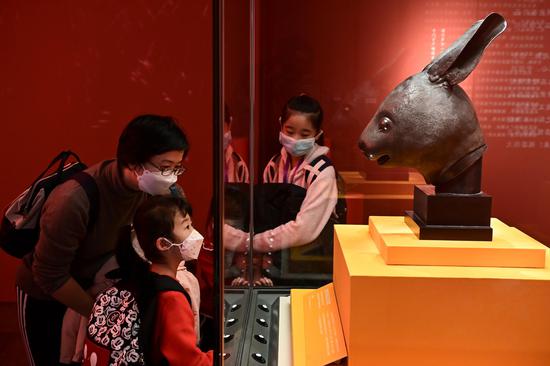

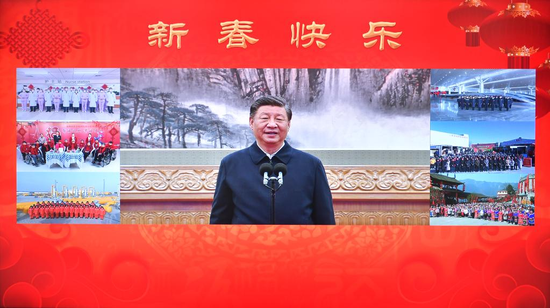






 京公网安备 11010202009201号
京公网安备 11010202009201号